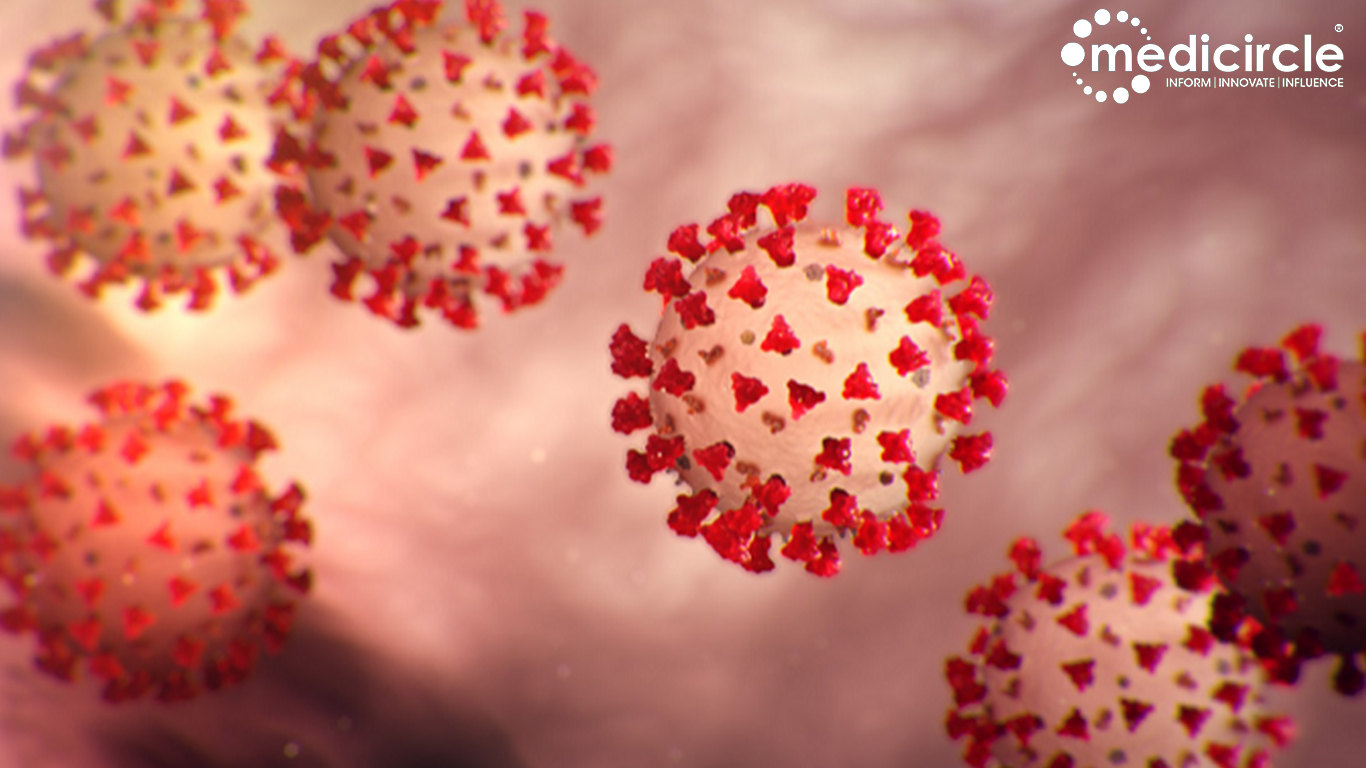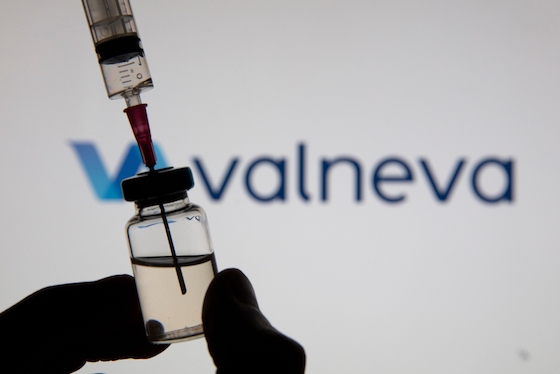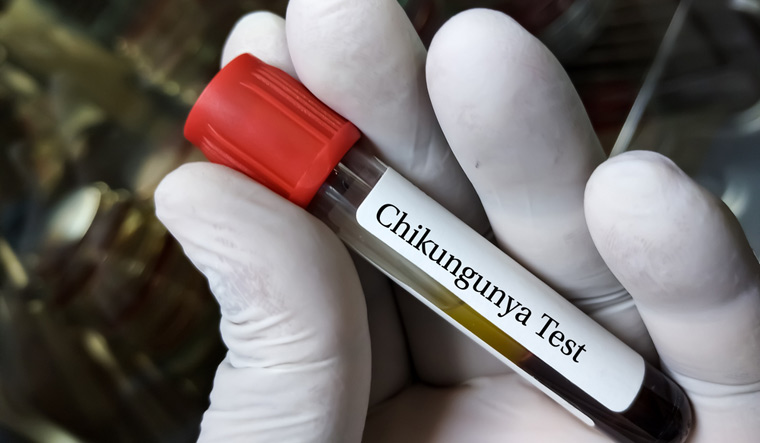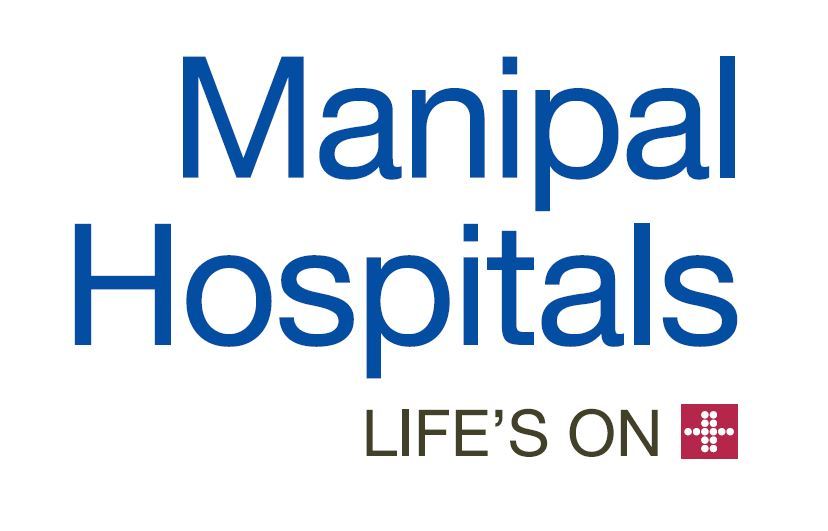Drugs known as sodium-glucose cotransporter 2 (SGLT2) inhibitors are associated with a lower risk of major heart problems in patients with type 2 diabetes than dipeptidyl peptidase-4 (DPP-4) inhibitors, finds a study published by The BMJ today.
The researchers say short term use of SGLT2 inhibitors was associated with a decreased risk of cardiovascular events among people with type 2 diabetes, although further studies are needed to determine if these benefits persist long term.
Previous trials have shown that SGLT2 inhibitors can reduce the risk of heart conditions such as heart attack, stroke, and heart failure compared with placebo.
But some of these trials had important limitations, making it difficult to interpret the results, and data on the effects of individual SGLT2 inhibitors on the heart are limited.
So a Canadian team of researchers set out to compare the risk of cardiovascular events between SGLT2 inhibitors and DPP-4 inhibitors among adults with type 2 diabetes in a “real world” clinical practice setting.
Their findings are based on healthcare data from seven Canadian provinces and the United Kingdom from 2013-18 (a total of 209,867 new users of an SGLT2 inhibitor matched to 209,867 users of a DPP-4 inhibitor).
Major cardiovascular events (a combination of heart attack, stroke or cardiovascular death), as well as heart failure and death from any cause (“all-cause mortality”), were recorded for an average of 11 months.
Compared with DPP-4 inhibitors, SGLT2 inhibitors were associated with a reduced risk of heart attack, stroke or cardiovascular death combined (11.4 events per 1000 person-years versus 16.5 events per 1000 person-years).
SGLT2 inhibitors were also associated with decreased risks of individual events. For example, heart attack (5.1 v 6.4 events per 1000 person-years), cardiovascular death (3.9 v 7.7 events per 1000 person-years), heart failure (3.1 v 7.7 events per 1000 person-years), and all-cause mortality (8.7 v 17.3 events per 1000 person-years).
However, SGLT2 inhibitors had more modest benefits for stroke (2.6 v 3.5 events per 1000 person-years).
Results were similar in subgroups defined by patient age, sex, past insulin use, and history of cardiovascular disease.
This is an observational study, so can’t establish cause, and the researchers point to some limitations, such as relying on prescription data over a relatively short follow-up period. What’s more, they cannot rule out the possibility that other unmeasured (confounding) factors may have affected their results.
However, results were consistent across several analyses, suggesting that they withstand scrutiny.
As such, they say these findings suggest that SGLT2 inhibitors “offer cardioprotective benefits among people with type 2 diabetes in a real-world setting, although additional studies are needed to determine if these benefits persist long term.”

 In a major breakthrough reserachers found Diadetes drug effective for controlling heart diseases
In a major breakthrough reserachers found Diadetes drug effective for controlling heart diseases




















.jpeg)








.jpg)




.jpg)




